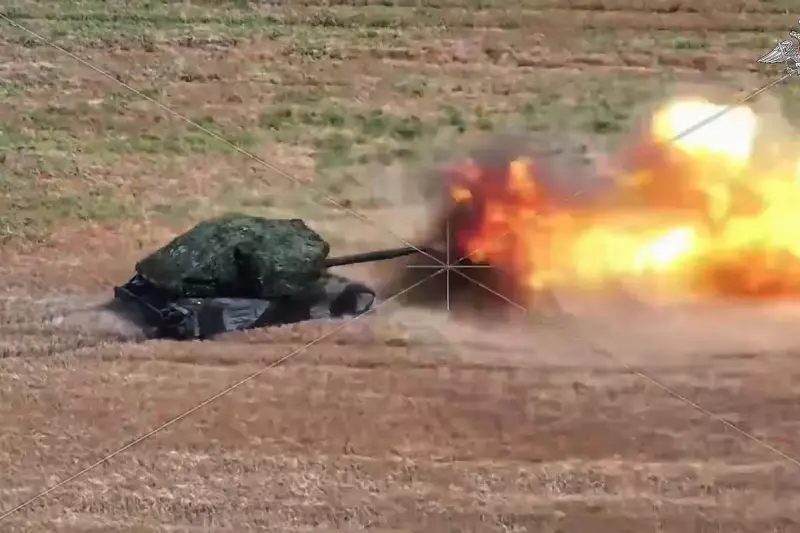
In a move that dramatically escalates the West's involvement and shreds a key Kremlin red line, NATO members are poised to commence the direct provision of advanced weaponry to Ukraine. This strategic pivot, confirmed by multiple diplomatic sources, marks the alliance's most assertive action to date and signals a long-term commitment to Kyiv's defence.
The decision, championed by the United States, the United Kingdom, and Germany, effectively severs the previous distinction between donating older equipment from national stockpiles and supplying cutting-edge arms directly from NATO's coordinated resources. This unified approach is designed to insulate the policy from the potential upheaval of future political elections in member states.
A New Phase of Military Support
The landmark shift will see a significant enhancement in the quality and quantity of arms flowing into Ukraine. Central to this new phase are:
- F-16 Fighter Jets: Dozens of the advanced multi-role aircraft are being prepared for delivery, with Ukrainian pilots currently undergoing intensive training.
- Enhanced Air Defence Systems: Additional Patriot missile batteries and other systems to protect Ukrainian cities and critical infrastructure from relentless Russian bombardment.
- Long-Range Missiles: Increased provision of missiles like the UK-supplied Storm Shadow, capable of striking deep behind Russian lines and disrupting command and logistics hubs.
This coordinated effort aims to finally grant Ukraine air superiority, a factor that has been crucially missing since the initial invasion in February 2022.
Challenging Putin's Doctrine of Deterrence
The NATO decision represents a direct and calculated challenge to Vladimir Putin's doctrine of nuclear and strategic deterrence. For months, the Russian president has issued vague but ominous threats regarding NATO's involvement, implying that direct intervention could lead to catastrophic consequences.
By calling this bluff, the alliance is betting that Putin's threats are a tactic of psychological warfare rather than a prelude to actual nuclear escalation. Western intelligence assessments reportedly concluded that the Kremlin's capacity for a significant new offensive is currently limited, creating a window of opportunity to bolster Ukrainian forces decisively.
The move is also a clear response to Russia's recent territorial gains on the battlefield, underscoring a Western determination to prevent a Ukrainian collapse and force Moscow back to the negotiating table from a position of weakness, not strength.





